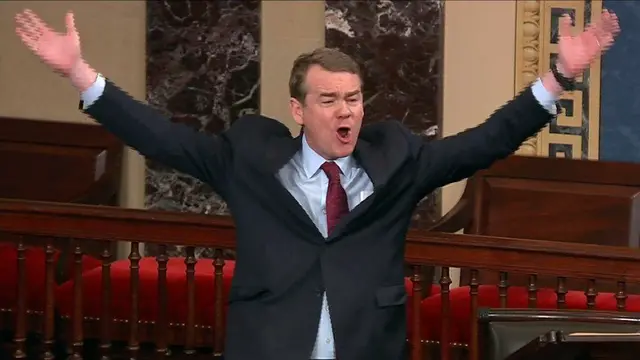By APD Writer Melo M. Acuna
MANILA, Sept. 28 (APD) – Energy Secretary Alfonso G. Gusi underscored the need to prioritize renewable energy and liquified natural gas.
Speaking at the opening rites of the 35th ASEAN Ministers of Energy Meeting, Secretary Cusi from reduced carbon footprints to lower emissions to cleaner air, everyone would agree how important it is to invest in a future of renewables.
He said ASEAN exceeded its target for renewable energy mix under the ASEAN Plan of Action for Energy Cooperation after all parties vowed to increase the RE (Renewable Energy) mix to 23% by 2025 and exceeded the target in 2013 ahead of time and 12 years before the deadline.
“While renewables are a sustainable source of energy, they also need to be commercially sustainable,” Secretary Cusi said.
He said renewables need to be commerically viable because nobody should expect that subsidies would remain forever “especially when consumers have to foot the bill.”
Secretary Cusi added it is imperative that everyone pursues a vision of competitive market that keeps tariffs low and within reach.
“Renewable players should be able to innovate and compete on a level playing field,” he further explained.
The Philippines remains the second-larget producer of geothermal energy worldwide which runs without subsidies and cater to baseload requirements.
The government has began to phase out FIT schemes for Solar and Wind due to falling tariffs.
Today, Secretary Cusi added, the Philippines has entered a new phase that sees market-based incentives.
He acknowlegded Asia’s role as the largest producer of renewable energy with China’s renewable sector that grows faster than fossil fuels and nuclear.
“In India, solar and wind tariffs have torpedoed making them viable options for the Indian consumer,” he explained.
Mr. Cusi expressed optimism ASEAN can meet their end of the bargain by providing a market that can attract invesments and “it is up to the industry to continue to meet its end of the bargain by bringing costs down.”
During the same speech, the Philippine energy secretary said there is still a need for stable source of electricity that can bridge the transition.
He said the revolution in gas that promises to make it “the” bridging fuel in the short to medium-term.
Secretary Cusi cited three major developments including the increase in demand from Asia where players eventually transition from net exporters to net importers.
He added there is an increasing supply from the rest of the world where new supplies have come in stream, especially from the United States.
He cited the third major development where there’s cheaper gas due reconfigurations of supply and demand mechanics thereby changing the way gas is purchased and pushing costs down.
He said Chinese LNG imports increased by 38% year-on-year.
“This thirst for gas is set to grow further,” Secretary Cusi said.
Citing British Petroleum forecasts, he said China and India are expected to account for half of the 30% increase in global energy demand between this year and 2025.
ASEAN manifests the same trends “where the situation is such that as gas fields continue to deplete, we will eventually transition from net exporters to net importers.”
He also quoted from Oxford Institute for Energy which said by 2021, ASEAN will be net importers requiring 20 million tons which will further increase to 45 million tons by 2030.
“As the demand continues to grow, things look promising on the supply side,” he said because global supplies of LNG are on the course to increase by 50% from 2014 to 2021.
He specifically mentioned the Trans-ASEAN Gas Pipeline to ensure that gas can be distributed within the region as pipelines will link Singapore, Malaysia, Thailand, Myanmar and Indonesia.
While he remained optimistic the region’s goals could be fulfilled, he said “great plans will cost money” as he emphasized the need to draw more investments and expertise to ensure preparedness for the near future.
He added ASEAN is the right place for investors.
In the Philippines, Secretary Cusi said the country’s track record speaks for itself as the country has an open and transparent market.
He expalined policies that are introduced measured for a regulatory environment that has open and transparent market.
Policies are made for a more conducive and supportive to both regional and global investors.
Tomorrow (Thursday), ASEAN energy ministers will meet with three dialogue partners, China, Japan and Korea.
(ASIA PACIFIC DAILY)
 简体中文
简体中文

